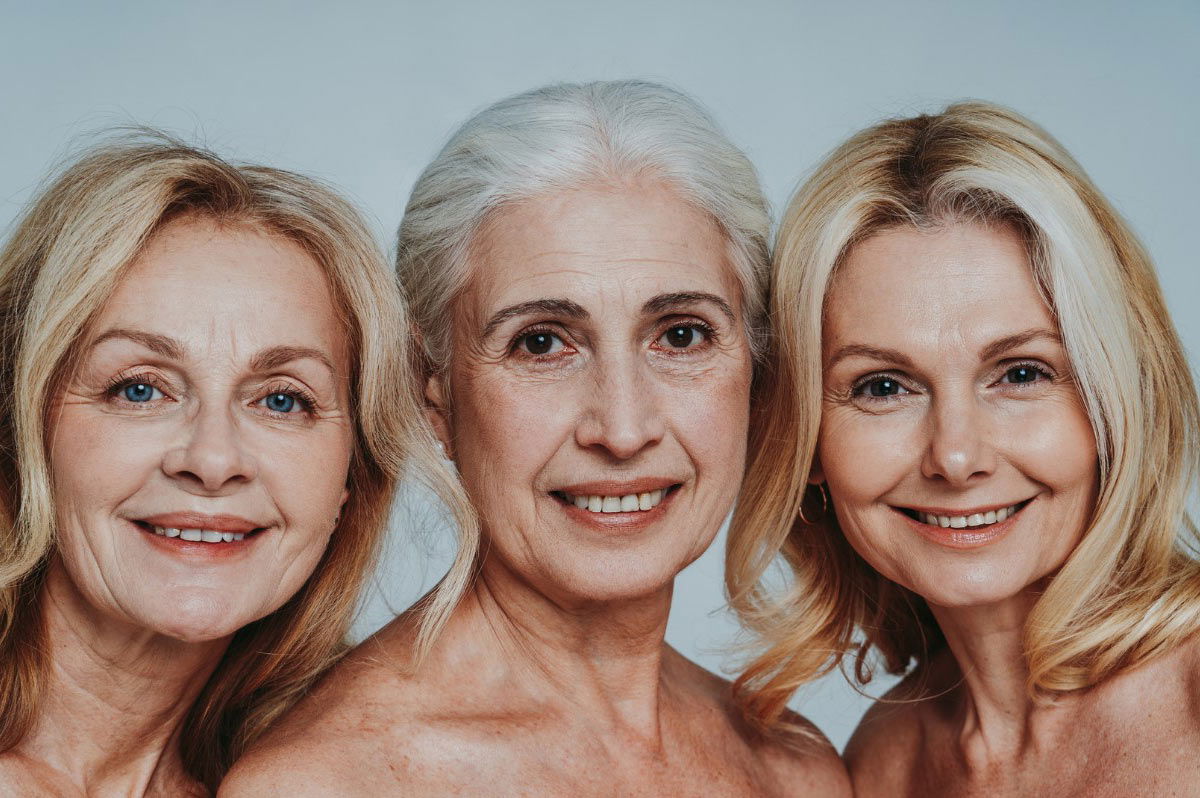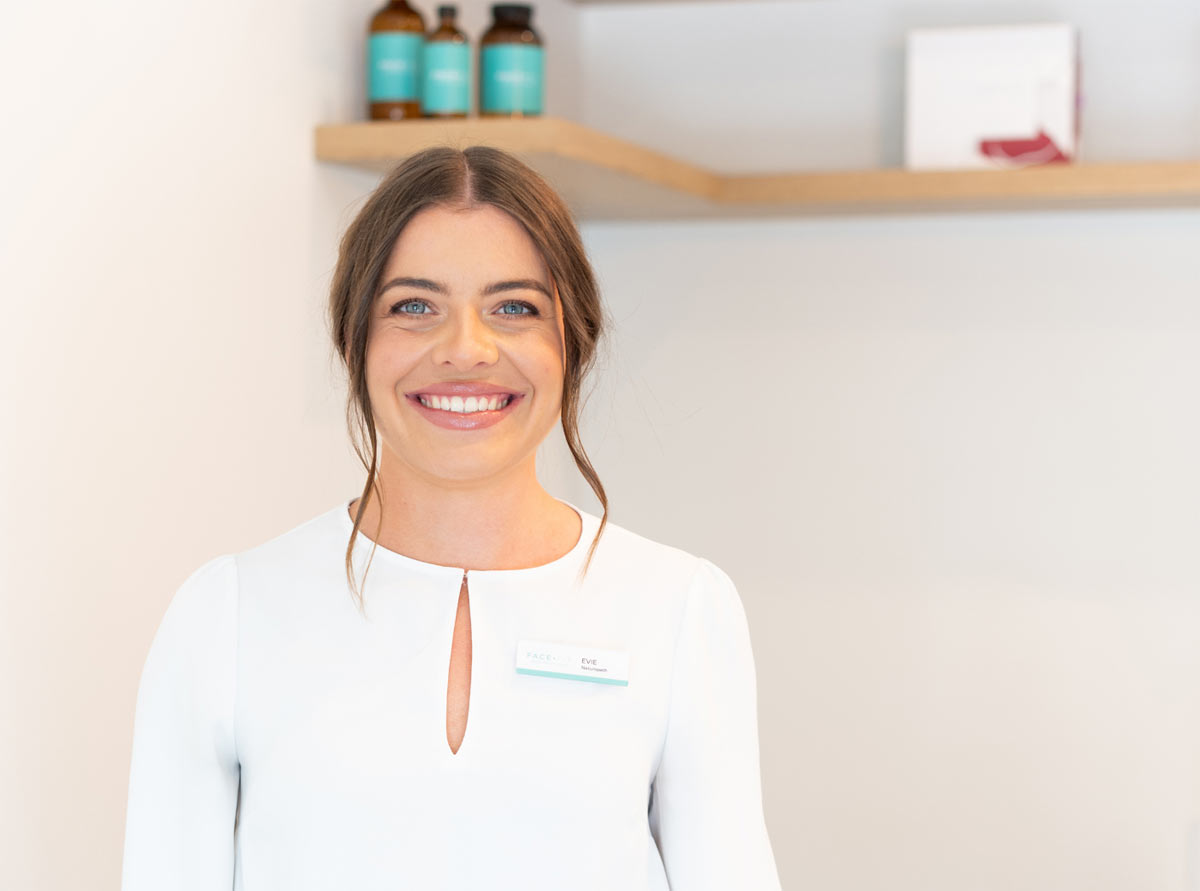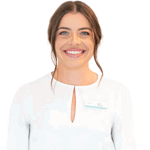Subscribe
Unlock 10% OFF
Subscribe and save 10% off your first product purchase*. Plus get access to our latest promotions, tips, insider interviews, news, events, invitations and more.
* T&Cs apply
Menopause is often referred to as “the change” and is a natural and inevitable part of a woman’s life. This often brings mixed feelings for women; some women are excited to enter this next phase of life, while others are scared because of what they have heard from others. Each woman’s journey is unique, not only in terms of symptoms and changes to their body, but also their experience of it.
While we are lucky to live in a time when menopause is becoming an everyday conversation, for a long time the research focus has been on menopause and not perimenopause (the lead up to menopause). Which is why you might find yourself entering perimenopause without even realising what is happening and understanding how the changes may impact you.

Whatever stage you are currently at, there is something in here for you! (Even if it’s just understanding what your poor mum is going through right now and why she feels so hot and angry all the time!) Let’s look at the facts and the science so we can help you on your journey.

What does the transition through Menopause look like? To simplify it down:
Our female sex hormones are what regulate our menstrual cycles and release eggs. When we enter Menopause the production of oestrogen and progesterone decrease. The drop in Oestrogen levels is what contributes to most menopausal symptoms as every organ in the body has a receptor for oestrogen.
We have listed some of the most common concerns women face throughout menopause below. To learn more about why these symptoms occur stay tuned for the next blog in our Menopause series.

The good news is, our Naturopath Evie has some tips for you on what you can do to support yourself if you are entering perimenopause or are postmenopausal. These tips will help minimise symptoms and promote overall well being during this time.
Tips on what you can do to support yourself include:
This is one of the most important tips and can lead to reduction in symptoms such as sleep disturbance, mood swings, weight gain and hot flushes.
This will help the body to clear toxins and support oestrogen detoxification.
Helps support healthy hormone production, mood and detoxification pathways.
Daily mindful meditations can keep mood swings at bay.
Oestrogen is what helps to keep our bones strong so when this starts to decline our bones become weaker. Regular strength training and weight training can improve joint stability alongside nutritional treatment for optimising bone health.
To keep track of your perimenopause.
To reduce individual perimenopause symptoms and to organise pathology testing for your hormones.
Increase your consumption of nourishing fats from oily fish, flaxseeds, flaxseed oil, olive oil, chia seeds, macadamia, walnuts and avocado.
This can be done both through your diet, as well as through high quality nutritional supplements like collagen (ASK EVIE)
Essential for so many things.
Plant based foods that have isoflavones work in the body like a weak form of oestrogen. They can be found in things like flax, soy milk, tofu and soybeans.
Gut support is important no matter what you are treating. It’s important to have a variety of prebiotics and probiotics, but ensure if you are looking at supplementation you are sticking with practitioner grade supplements and working with a health professional like Evie so you are targeting your treatment (in other words, step away from the supermarket supplement isle!).
A great way to incorporate a lot of these suggestions it to look to the Mediterranean Diet. This diet is full of Fruit and vegetables, legumes, whole grains, fish, less red meat and avoiding processed foods, an afternoon nap never hurt anyone either 😉
Yes, the grey matter, matters.
Australian Menopause Society has some excellent resources and a list of Doctors that have a special interest in Menopause.
 If you’d like to support yourself even further during peri and post menopause, then we would recommend booking in with our Naturopath Evie so that she can organise possible hormone testing, alongside specific dietary and lifestyle advice, herbal medicines and supplements that can help to reduce perimenopause symptoms.
If you’d like to support yourself even further during peri and post menopause, then we would recommend booking in with our Naturopath Evie so that she can organise possible hormone testing, alongside specific dietary and lifestyle advice, herbal medicines and supplements that can help to reduce perimenopause symptoms.
If you aren’t a Gold Coast local, not to worry, we offer Telehealth appointments too! Stay tuned for our next Blog on why we experience menopause symptoms and how Menopause affects the skin!
With Love,
Face Fit x
Enjoy a special offer or book in a treatment and join the many happy Face Fit clients. With over 250 Five-star reviews, let our team of experts help you reach your skin goals and enhance your confidence today.
Enjoy a special offer or book in a treatment and join the many happy Face Fit clients. With over 250 Five-star reviews, let our team of experts help you reach your skin goals and enhance your confidence today.
Thousand’s of people agree…Face Fit are the #1 clinic for all your Anti Wrinkle, Dermal Filler and Advanced Skin Treatments & Products on the Gold Coast. Welcoming new clients.
Subscribe and save 10% off your first product purchase*. Plus get access to our latest promotions, tips, insider interviews, news, events, invitations and more.
* T&Cs apply